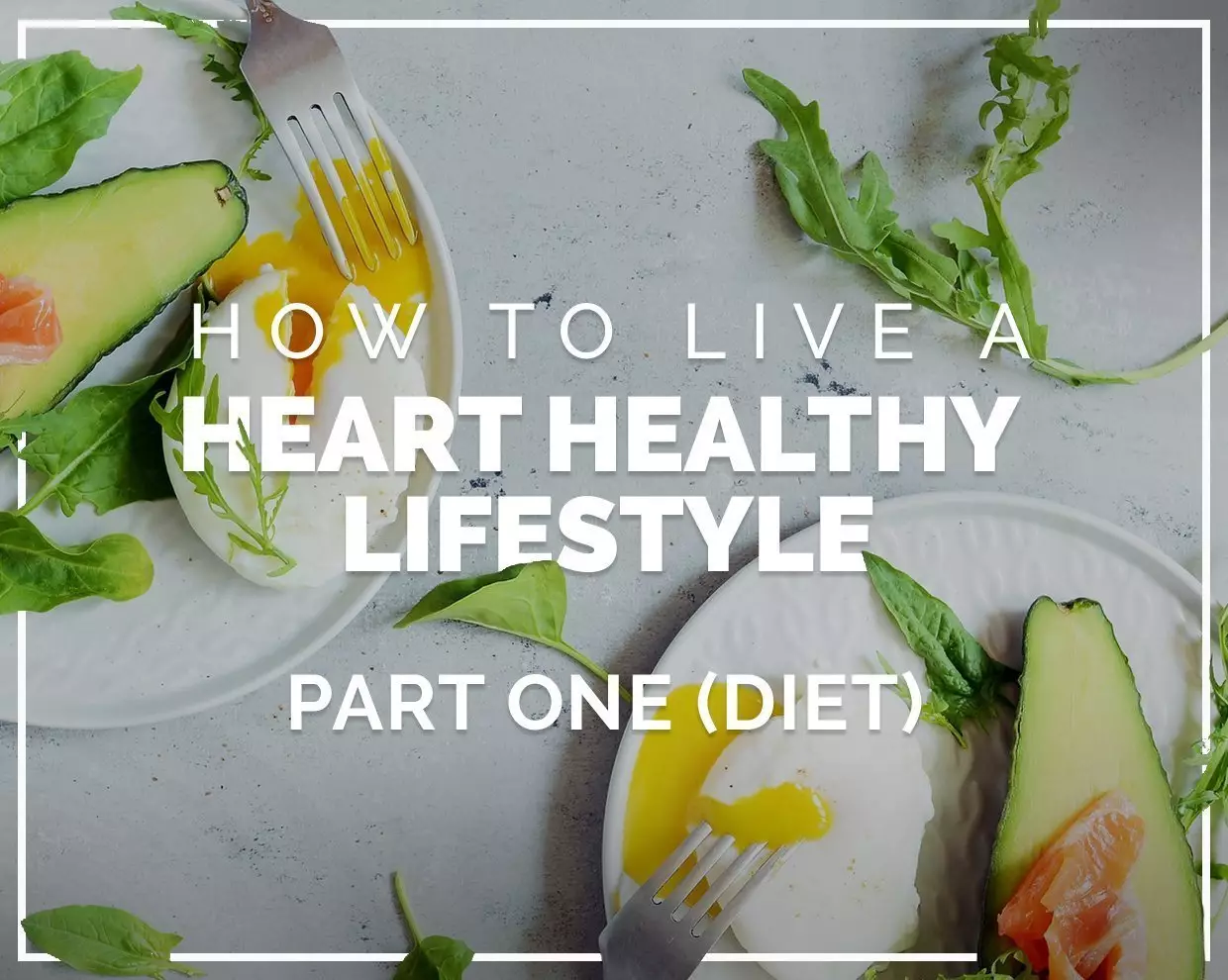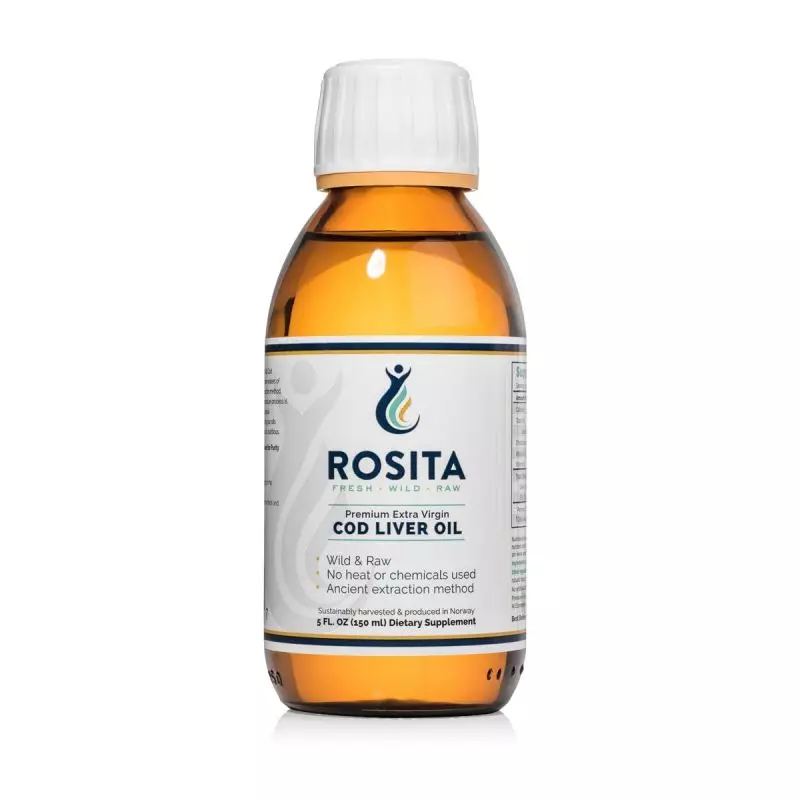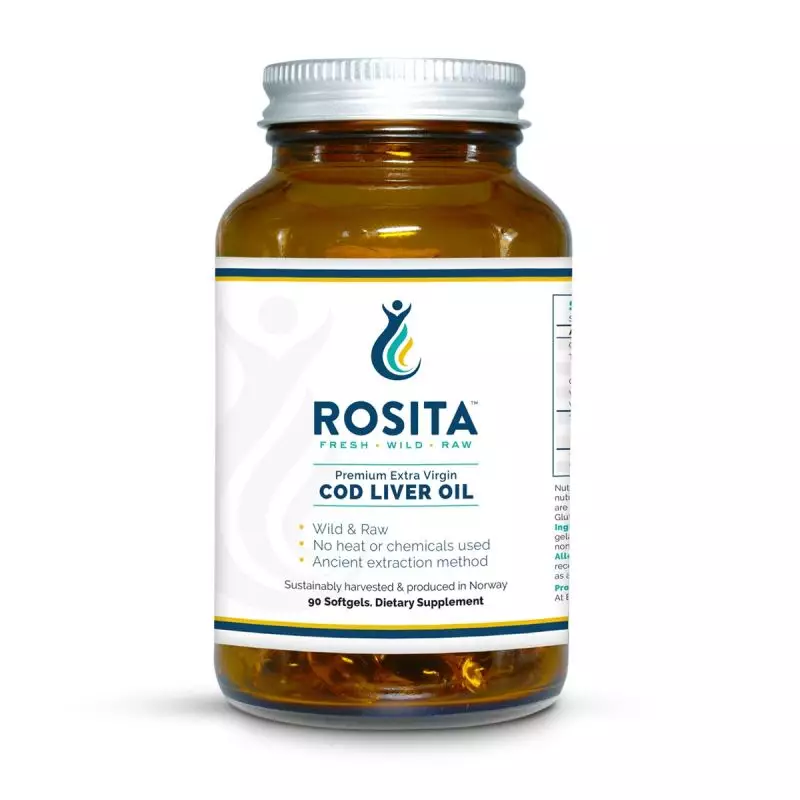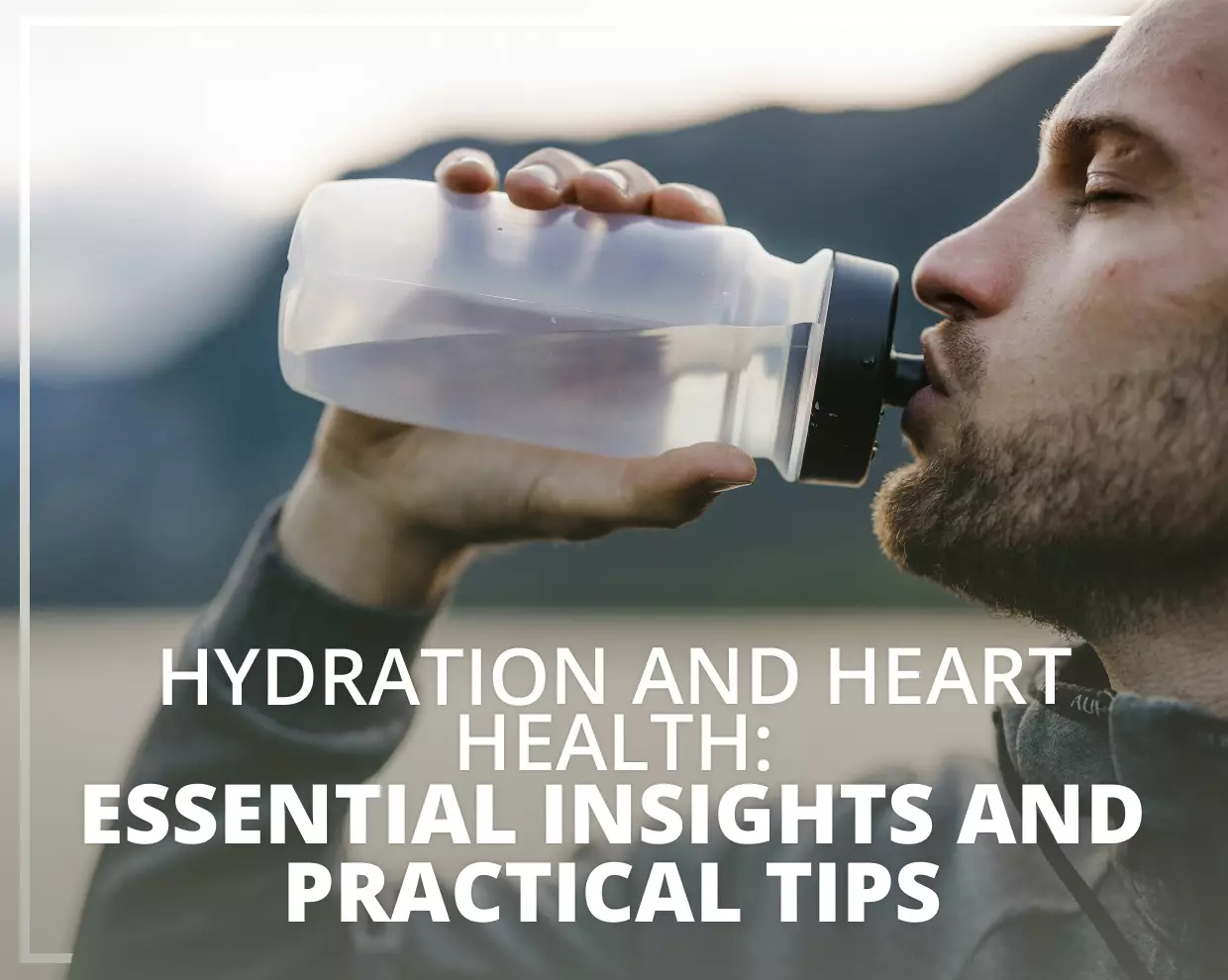Living a heart healthy lifestyle will give you the best protection against cardiovascular disease - an issue which affects millions of people and is the leading cause of death globally(1). You may be wondering if it is even possible to safeguard yourself against the risk of heart disease, or if your cardiovascular health is defined by genetics. A major international study known as the INTERHEART study looked at heart health in 52 countries around the world, and found that the strongest risk factors for heart disease were modifiable lifestyle factors(2). These include smoking, alcohol consumption, exercise and psychosocial factors including stress.
Functional medicine views the body as one integrated system and from a functional health perspective there are five key pillars for a healthy heart and body. The five pillars of health are Diet, Rest, Exercise, Stress reduction and Supplementation also known as “the DRESS protocol*(3).
The first pillar of health in the DRESS protocol is diet - which plays an extremely important role in the health of your heart. Systemic inflammation is now thought to be at the “heart of cardiovascular disease”(4). This means that avoiding inflammatory foods is just as important as adding nutrient-dense whole foods to your diet. The main culprits in terms of inflammatory foods are gluten, sugar, highly processed foods and trans fatty acids. Trans fats are hydrogenated fats like margarine, and as well as being inflammatory throughout the body, these highly processed fats and oils are a direct risk factor for heart disease(5) and have been officially banned from use in the USA as of June 2018. You should completely remove trans fats and other inflammatory foods (meaning foods that you react to) from your diet if you want to live a heart healthy lifestyle.
Over the past few decades, public health guidelines have advised that dietary cholesterol raises blood cholesterol in the body, which led to unnecessary restrictions of heart healthy foods like eggs, meat and seafood. This restriction was based on outdated science and it is now accepted that cholesterol in your food has very little (if any) effect on the cholesterol in your bloodstream for healthy people(6). As a result most nutrition and dietary guidelines have relaxed these restrictions.
Unfortunately the same can not be said for saturated fats which continue to be demonised despite the strong scientific evidence for including these in your diet. Saturated fats include butter, cream, cheese, coconut oil and meats which we have covered in more detail in our healthy fats blog series. According to a recent article in the British Medical Journal (BMJ) there have been at least seven systematic reviews and meta-analyses undertaken in the past 10 years on saturated fats and heart health. None of these studies has found a link between saturated fat and negative heart health outcomes. The 2015 BMJ study concluded:
Saturated fats are not associated with all cause mortality, CVD [cardiovascular disease], CHD [coronary heart disease], ischemic stroke, or type 2 diabetes, but the evidence is heterogeneous with methodological limitations(7).
If you are given advice to avoid saturated fats it is probably based on the ‘Seven Countries’ study, which took observational data collected in the 1960s in which data was cherry-picked and unfortunately led to the diet-heart hypothesis around saturated fats. Furthermore, people following low fat diets removed the saturated fats as advised but replaced these with carbohydrates, which were often sugar loaded and highly processed.
History lesson aside, it is prudent to focus on nutrient rich foods which have proven benefits to the cardiovascular system. Heart healthy foods to include in your diet include:
- Grass-fed meats/organ meats because they are high in Coenzyme 10 (aka CoQ10), a natural physiological compound which is found in almost every cell in the body, has direct antioxidant effects and is used as a treatment for heart failure(8)
- Cold-water fatty fish and fish oil because of the Omega-3 fatty acids, Vitamin A and Vitamin D
- Other healthy fats including coconut oil, olive oil, butter, avocados
- Antioxidant rich foods like berries and colourful veges to prevent oxidative damage
Click here to see Part Two of 'How to live a heart healthy lifestyle' where we will cover the remaining elements of the DRESS protocol: Rest, Exercise, Stress reduction and Supplementation as they apply to the health of your heart.
References
1. World Health Organisation - Cardiovascular Disease
2. Effect of potentially modifiable risk factors associated with myocardial infarction in 52 countries (the INTERHEART study): case-control study.
3. *D.R.E.S.S. protocols are a set of holistic health guidelines developed by Reed Davis, founder of Functional Diagnostic Nutrition.
4. Functional Foods as Modifiers of Cardiovascular Disease
5. Trans fatty acids – A risk factor for cardiovascular disease
6. Rethinking dietary cholesterol
7. Intake of saturated and trans unsaturated fatty acids and risk of all cause mortality, cardiovascular disease, and type 2 diabetes: systematic review and meta-analysis of observational studies
8. Coenzyme Q10 for the treatment of heart failure: a review of the literature (British Medical Journal)

 AU Store
AU Store  UK Store
UK Store NZ Store
NZ Store EU Store
EU Store










